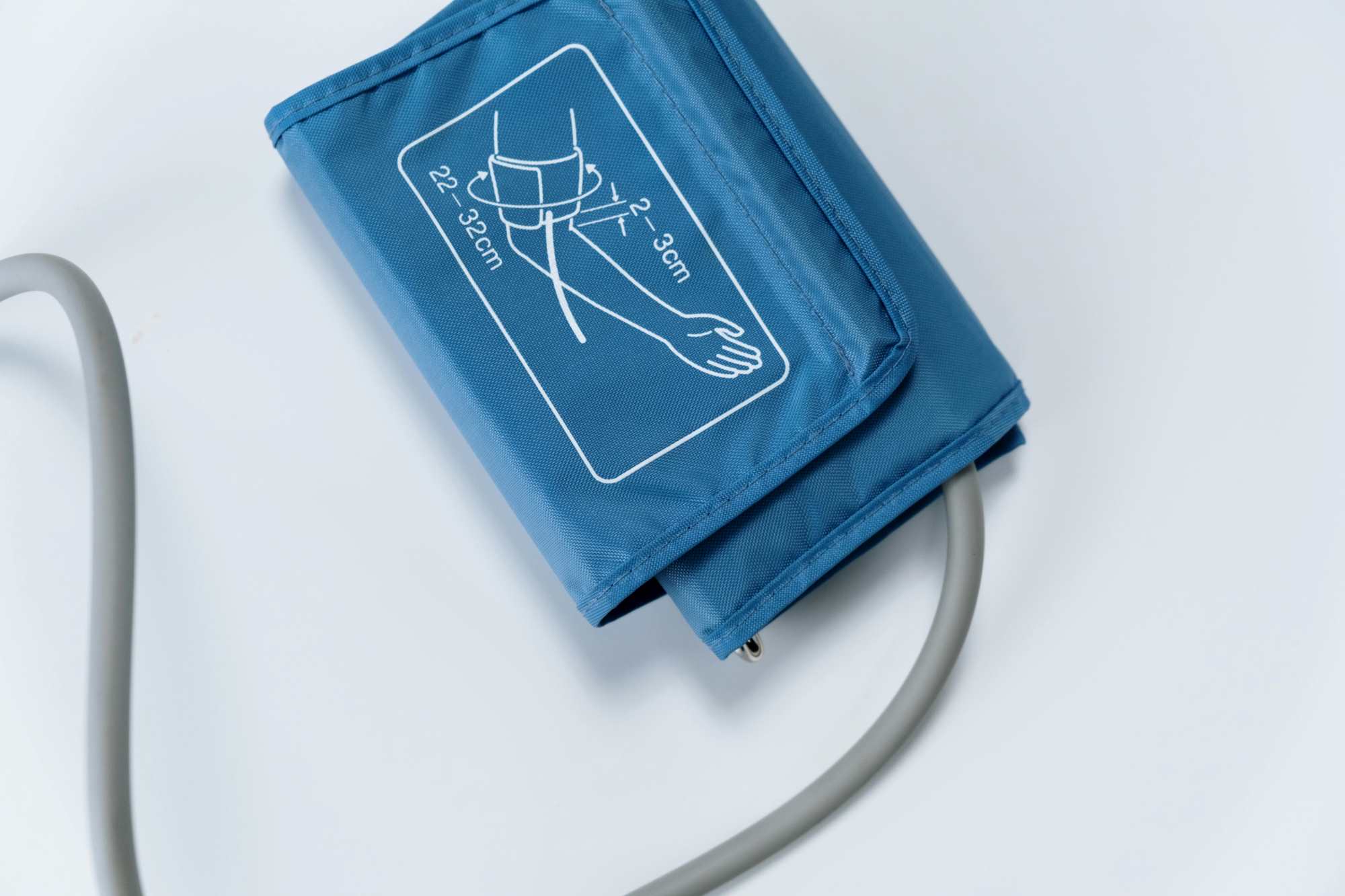Starting a weight reduction journey may be thrilling as well as intimidating. It’s simple to feel overwhelmed and confused of where to start with the abundance of diets, exercise plans, and health fads that are flooding the market.
Nevertheless, despite the abundance of knowledge accessible, there are typical mistakes that many people make along the route. These errors have the potential to impede development and cause frustration and despair. Whether you’re just getting started on your weight reduction journey or you’ve reached a plateau, knowing these common mistakes to avoid will be essential to getting long-lasting results.
In this post we will discuss 15 common mistakes individuals make while trying to lose weight, offering advice and tips to aid you on your journey to a happier, healthier version of yourself.
Concentrating solely on the scale weight
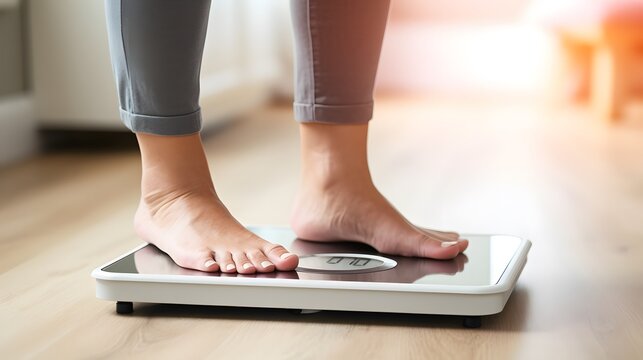
It’s very uncommon to feel as though you’re not losing weight quickly enough even when you’re following your diet exactly. But the weight on the scale is just one indicator of how much the weight has changed. A number of factors, such as changes in bodily fluids and the amount of food still in your system, affect weight.
In actuality, your weight might vary during the day by up to 4 pounds (1.8 kg) based on how much food and fluids you’ve eaten.
Also, women who experience other hormonal changes or elevated estrogen levels may retain more water, which is shown in scale weight.
You can be holding on to water yet reducing fat mass if the number on the scale isn’t changing.
Thankfully, there are several ways to reduce water retention.
You can be shedding fat and increasing muscle if you’ve been exercising. In spite of a consistent scale weight, this may cause your garments to seem looser, especially around the waist.
Even if the number on the scale doesn’t move significantly, measuring your waist with a tape measure and taking monthly photos of yourself might show you’re genuinely shedding fat.
Consuming just a little or too many calories
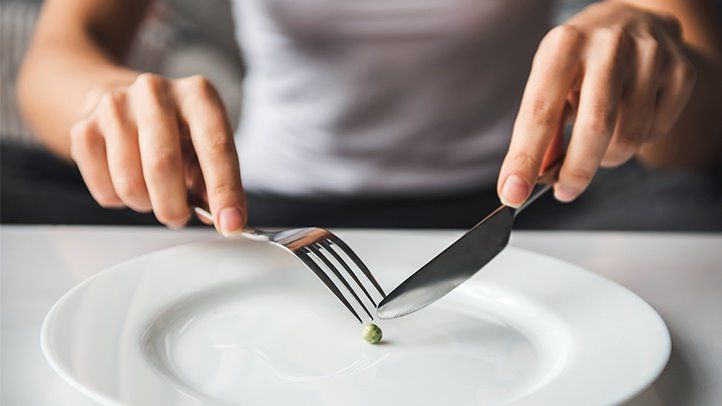
Losing weight requires a calorie deficit. This implies that you must expend more calories than you take in.
For a long time, it was thought that losing 1 pound (.45 kg) of fat could be achieved by cutting 3,500 calories a week. Recent studies, however, indicate that each individual requires a different calorie deficit.
It might seem like you’re not consuming a lot of calories. In actuality, though, the majority of us tend to underreport and underestimate our food intake.
Ten obese participants in a two-week trial reported eating 1,000 calories daily. In fact, lab tests revealed they were consuming around 2,000 calories a day.
It’s possible that you’re eating too many high-calorie, healthful items like cheese and almonds. Portion control is essential.
However, cutting calories too much might have the opposite effect.
Research on extremely low-calorie diets—those with fewer than 1,000 calories per day—show that they can cause substantial metabolic slowdown and muscle loss.
Absence of exercise or excessive exercise

It is certain that you will lose some muscle mass in addition to fat when losing weight, albeit how much varies on a number of variables. Your metabolic rate will certainly drop and you will likely lose more muscle mass if you don’t exercise at all while following a calorie restriction.
On the other hand, physical activity increases fat loss, minimizes the loss of lean mass, and keeps your metabolism from slowing down. It is simpler to lose weight and keep it off the more lean mass you have.
Problems might also arise from over-exercising.
According to studies, most people cannot endure excessive exercise over the long term, and it can even cause stress. Furthermore, it can hinder the synthesis of adrenal hormones, which control the stress response.
It is ineffective and unhealthy to try to push your body to burn more calories through excessive exercise.
Maintaining metabolic rate while losing weight can be achieved sustainably by lifting weights and engaging in cardio several times a week.
Not doing any weightlifting

It is crucial to engage in resistance exercise when trying to lose weight.
Research indicates that one of the best workout regimens for building muscle and raising metabolic rate is lifting weights. Moreover, it enhances the reduction of abdominal fat and enhances total body composition.
Indeed, the most effective weight reduction technique seems to be a combination of aerobic activity and weightlifting, according to an analysis of 15 research involving over 700 participants.
Selecting “diet” or low-fat meals

Although processed low-fat or “diet” meals are frequently recommended as effective weight loss options, they may have the opposite impact.
In an effort to enhance their flavor, many of these goods are heavily sweetened.
As an example, a cup (245 grams) of fruit-flavored, low-fat yogurt may contain an astounding 47 grams of sugar, or almost 12 teaspoons.
Low-fat goods are more likely to increase your appetite than to satisfy your hunger, which leads to overeating.
Rather than opting for low-fat or “diet” foods, pick a variety of wholesome, less processed items.
Exaggerating the number of calories you burn when exercising

Exercise, according to many, “supercharges” metabolism.
Exercise does raise your metabolic rate to some extent, but not always to the extent you may assume.
Research indicates that individuals who are normal weight or overweight frequently overestimate the quantity of calories they burn when exercising.
200–300 calories were burnt during workout sessions in one research. However, when questioned, they claimed to have expended more than 800 calories. They thus consumed more food.
Despite this, exercise is still very important for general health and can aid in weight loss. Simply said, it doesn’t burn calories as much as some people believe.
Consuming insufficient amounts of protein
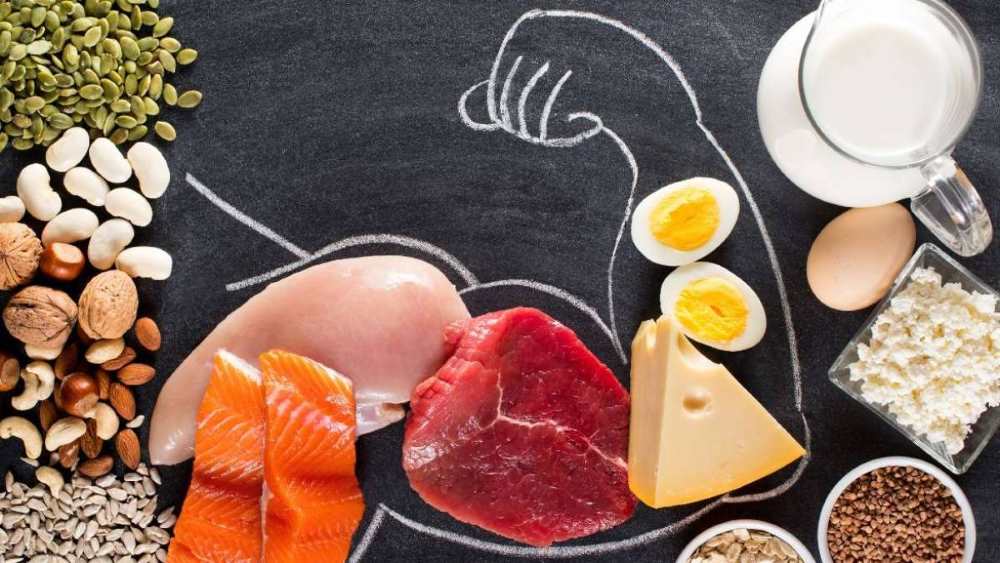
It’s critical to consume adequate protein if you’re attempting to reduce weight. Numerous studies have demonstrated the benefits of protein for weight reduction.
It can lower calorie intake, boost feelings of fullness, lower hunger, raise metabolic rate, and preserve muscle mass when losing weight.
Participants in a 12-day research consumed a diet that included 30% protein in their calories. Compared to when they consumed 15% of their calories from protein, they ultimately consumed an average of 575 less calories per day.
Higher-protein diets, with 0.6–0.8 grams of protein per pound (1.2–1.6 g/kg), have also been reported in a review to be beneficial for body composition and appetite management.
Make sure a high-protein foods is a part of every meal to maximize weight reduction.
Consuming insufficient amounts of fiber
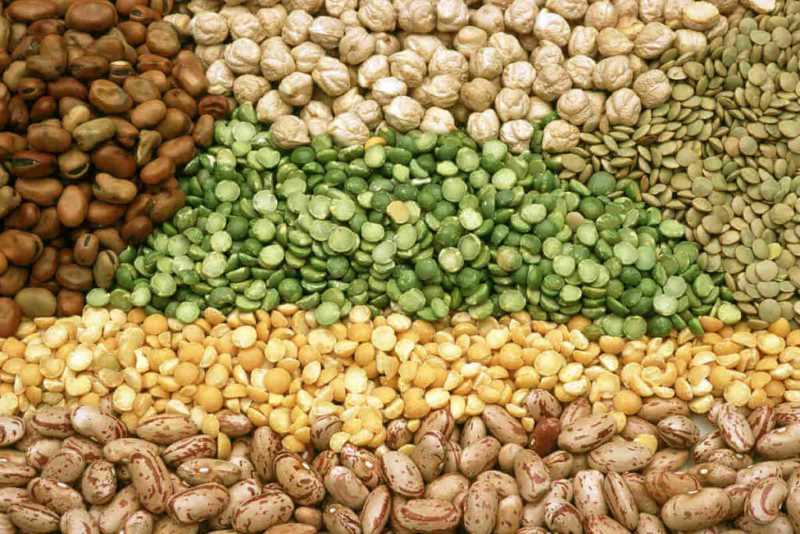
A diet lacking in fiber might be undermining your attempts to lose weight.
According to studies, viscous fiber, a soluble fiber type that stores water in gel form, can help suppress hunger.
This gel gradually passes through your digestive system, filling you up.
Studies indicate that fiber of all kinds aids in weight reduction. Nonetheless, viscous fiber significantly decreased hunger and calorie intake compared to other kinds, according to a review of many research.
Some of the calories from foods in mixed meals are not absorbed when there is a high overall fiber consumption. Up to 130 fewer calories may be absorbed if daily fiber consumption is doubled, according to research.
Overindulging in fat when following a low-carb diet
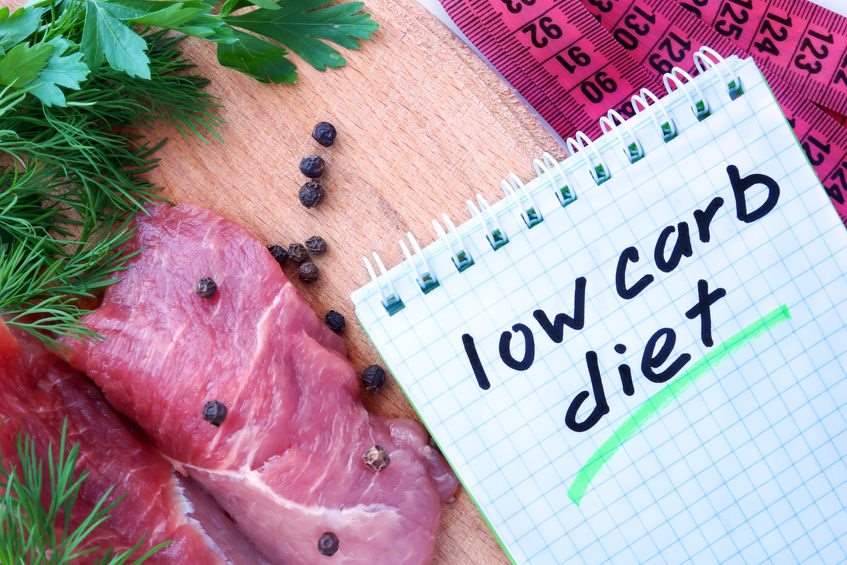
Low-carb and ketogenic diets are powerful tools for losing weight. Research indicates that they frequently lessen hunger, which frequently results in an unintentional decrease in caloric intake.
Numerous ketogenic and low-carb diets permit an infinite quantity of fat on the theory that the ensuing hunger suppression will maintain calorie levels low enough for weight reduction.
Some people, nevertheless, might not receive a strong enough cue to quit eating. They could thus be consuming too many calories in order to create a calorie deficit.
You could seek to reduce the fat in your meals and drinks if you’re adding a lot of it and you’re not losing weight.
Overindulging in food even when not hungry

Eating every few hours has been the standard recommendation for preventing hunger and a decrease in metabolism for a long time. Regrettably, this may result in consuming an excessive amount of calories during the day. And you might never feel satisfied.
In one research, males who had three meals vs fourteen meals over the course of a 36-hour period showed higher metabolic rates and sensations of fullness, and lower blood sugar and hunger.
It also seems to be incorrect advice to have breakfast every morning, no matter how hungry you are. According to one research, those who skipped breakfast consumed more calories at lunch than they would have if they had eaten anything in the morning. But on average, they took in 408 less calories.
It appears that eating simply when you’re hungry and when you’re hungry is essential for effective weight reduction.
On the other hand, overindulging in food is likewise a terrible choice. Snacking is preferable to being really hungry, which can lead to bad eating choices.
Having irrational expectations

Setting and maintaining health-related and weight-loss objectives might help you stay motivated. Unrealistic expectations, however, may really work against you.
Data from a number of weight loss center programs was examined by researchers. They found that after six to twelve months, women who were overweight or obese who planned to lose the greatest weight were the most likely to discontinue their program.
Reduce your expectations to something more reasonable and achievable, like losing 10% of your body weight in a year. This will increase your chances of success and assist you avoid giving up.
Not keeping any kind of food diary

Consuming wholesome meals is a smart way to lose weight. It’s possible that you’re still consuming more calories than you require to shed pounds.
Furthermore, it’s possible that you’re not receiving enough fat, carbohydrates, protein, or fiber to help you lose weight.
According to studies, keeping a food journal can help you stay accountable and gain a clear image of how many calories and nutrients you’re consuming.
Most online tracking applications and websites let you log your daily activity in addition to your food intake. This is an overview of a few well-liked calorie counter apps.
Continue consuming sweets

It’s a good thing that many people cut out soft drinks and other sugary beverages from their diet in an effort to reduce weight. But it wouldn’t be wise to substitute fruit juice.
Fruit juice, even 100% fruit juice, has a lot of sugar and might cause comparable health and weight issues as beverages sweetened with sugar.
For example, 36 grams of sugar are included in 12 ounces (320 grams) of unsweetened apple juice. Compared to 12 ounces of cola, that is significantly more.
Furthermore, it appears that the brain’s hunger regions are not as affected by liquid calories as they are by calories from solid foods.
Research indicates that rather than consuming less calories later in the day to make up for the liquid calories, you wind up ingesting more calories overall.
Failing to read labels

You may ingest undesirable components and extra calories if you don’t correctly read labels.
Regretfully, a lot of goods have labels on the front of the packaging that make attractive claims about their health. These might make you feel insecure about selecting a certain product.
You should read the contents list and nutrition data label, which are located on the back of the bottle, to get the most crucial information regarding weight control.
This page contains further information about how to read food labels.
Avoiding entire meals made of a single component
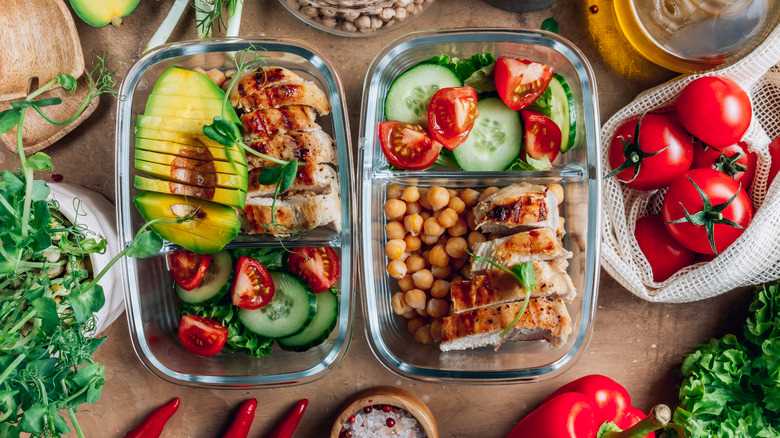
Eating an excessive amount of highly processed food is one of the worst things you can do to lose weight.
Studies on humans and animals indicate that processed meals might have a significant role in the present obesity and health problem epidemic.
According to other experts, this could be because of their detrimental effects on inflammation and gastrointestinal health. Because whole foods are self-limiting, it is difficult to eat too much of them. On the other hand, overindulging in processed meals is rather simple.
Whenever feasible, go for minimally processed, natural foods with only one ingredient.

